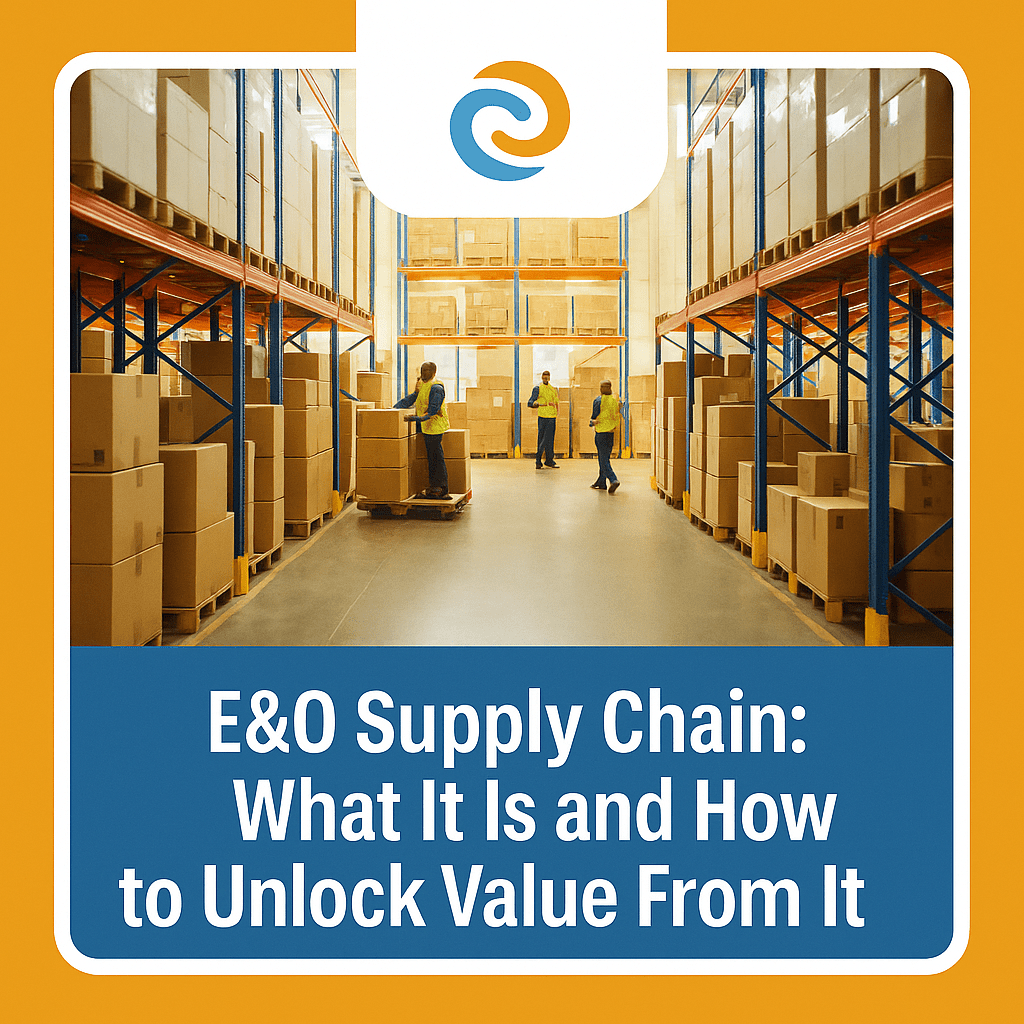Globalization and the macroeconomy is a complex and interconnected system, with many different countries and private players interacting to produce goods and services. When one part of this system changes, there can be ripple effects throughout other parts as well. For example, when the United States raised its tariffs on China (and China retaliated with its own tariffs), several industries were affected by these changes in trade policy. These impacts have been especially acute within supply chains that bind together, impacting everything from manufacturing products to shipping them around the world.
An indirect impact on supply chains
Tariffs are a tax on imports, exports, and consumers.
They can also be passed down a supply chain as higher costs of production or sales. This is especially true for products purchased from overseas where the cost of raw materials has increased due to tariffs on intermediary goods and other commodities. Many U.S.-based businesses will pass along these costs through higher prices for consumers. However, businesses that purchase components in the United States may have less flexibility to do so because they’re not able to pass along those expenses to customers directly (due to competition).
Tariffs cause a liquidity crunch
Tariffs impose costs on businesses which virtually always have a supply chain global impact. The increased price of goods and services makes it more difficult to purchase products internationally, which can lead to a liquidity crunch for businesses. Whether you’re in the supply chain of food or of electronics components, if you're looking for ways to mitigate this risk in your business, one solution is to diversify your operations by purchasing from multiple countries so that if one country decides to impose tariffs on your company's imports or exports, there are others that can provide the same product at a lower cost.
If you're a supply chain manager looking to help proactively mitigate risk of supply chain disruptions by diversifying and building resilience into your processes, Amplio is likely the perfect option to help with optimizing supply chain management.
Tariffs result in higher prices
Tariffs cause a decrease in supply and an increase in demand for goods. This means that fewer goods are available to consumers, which drives up prices.
Tariffs also reduce competition, which reduces the incentive for alternative suppliers to lower prices or offer better deals on products and services. Because of this, you will often see higher prices across many different industries as a result of tariffs being introduced into global trade agreements between countries.
Companies with international supply chains are affected by these tariffs because they will have to absorb the cost of paying more money to their suppliers/manufacturers overseas that can’t be passed onto customers due to other economic factors such as inflationary pressures caused by wage growth or money printing programs like quantitative easing programs used by central banks.
Tariffs create uncertainty in the marketplace
When a company makes decisions, it is looking for certainty and predictability. Businesses need to know how much money they will be bringing in and what the overall operating environment will look like. This allows them to plan for their future, invest in new products and services, and hire new employees. Tariffs create uncertainty in the marketplace as businesses don’t know if additional tariffs will be applied or if other countries may retaliate with their own tariffs on US goods entering their country. This can lead businesses to reduce investments and slow down hiring as they wait to see how things play out with tariffs before making major commitments on those fronts.
Tariffs can have a negative effect on business operations, supply chains and product pricing
The conclusion is clear: Tariffs have a negative effect on both business operations and supply chains–they’re just one of many risks of supply chain management. The impact can be difficult to predict, but it’s important for companies to keep an eye on the news and be prepared for any changes that might occur. As more countries impose tariffs on goods imported from abroad, supply chain managers will need to be vigilant about how these changes affect their operations or work with a software solution like Amplio to stay ahead of any unforeseen risks to their supply chain relationships.
- Tariffs cause shortages. If importers are unable to access the necessary materials and/or raw materials needed to manufacture their products, they may not be able to meet demand for their products.
- Tariffs lead to price hikes for consumers. To offset increased costs when importing goods from countries with high tariffs, companies will pass these costs on to consumers in the form of higher prices. This results in inflationary pressures that negatively impact both businesses and consumers alike by making them pay more money for goods than they would otherwise have had if there were no tariffs in place at all.
- Tariffs disrupt supply chains due to confusion over regulations and delays in delivery due to border checks which makes it difficult for companies to run as efficiently as planned. Tariffs create uncertainty around future trade policies which may discourage investment decisions by businesses looking forward into 2020s when many analysts agree will likely see another recession occur due largely thanks part due China’s economic slowdown impacting global economy growth rates.






